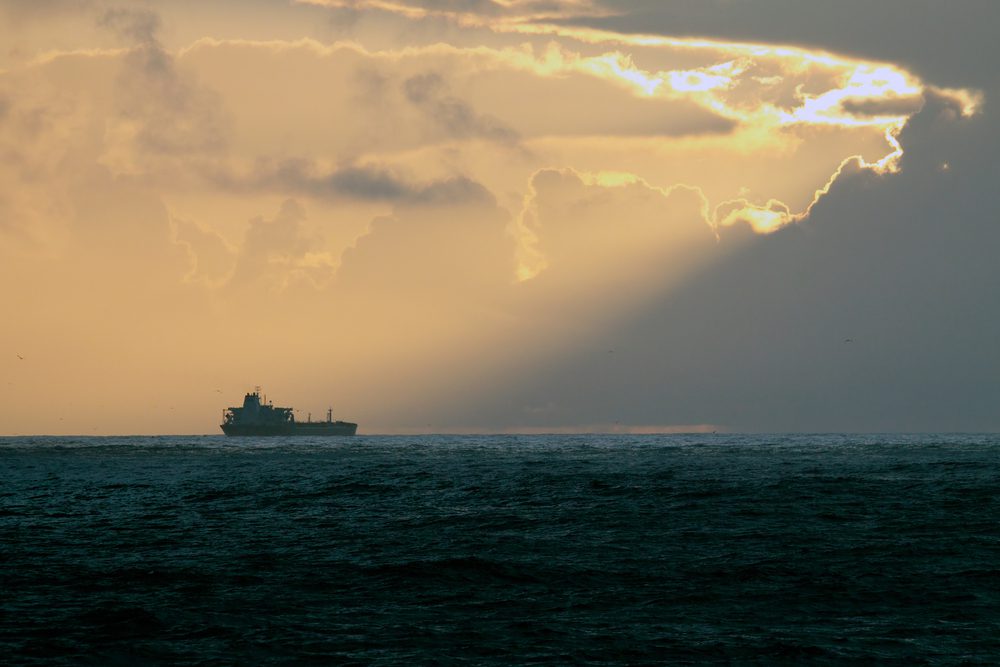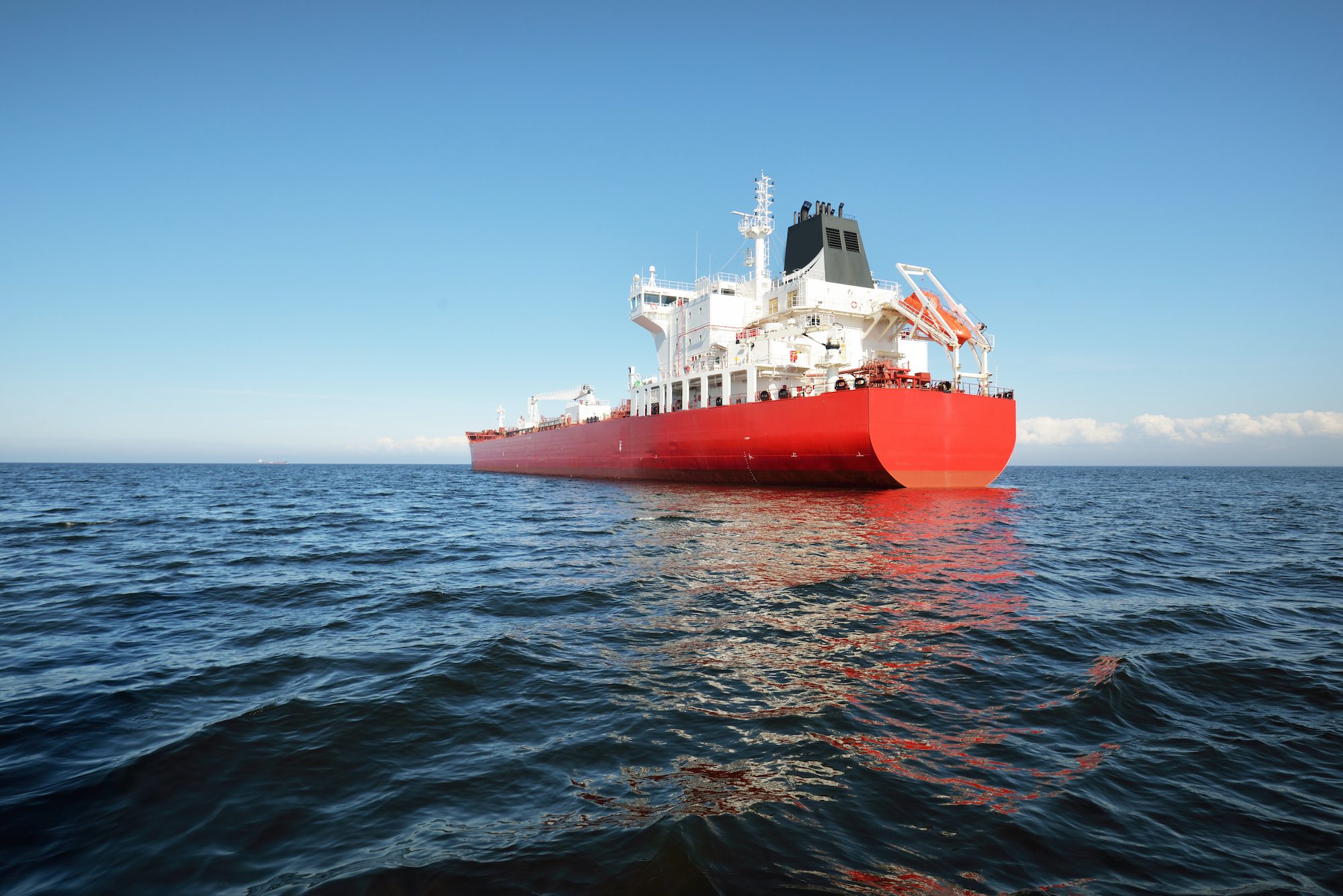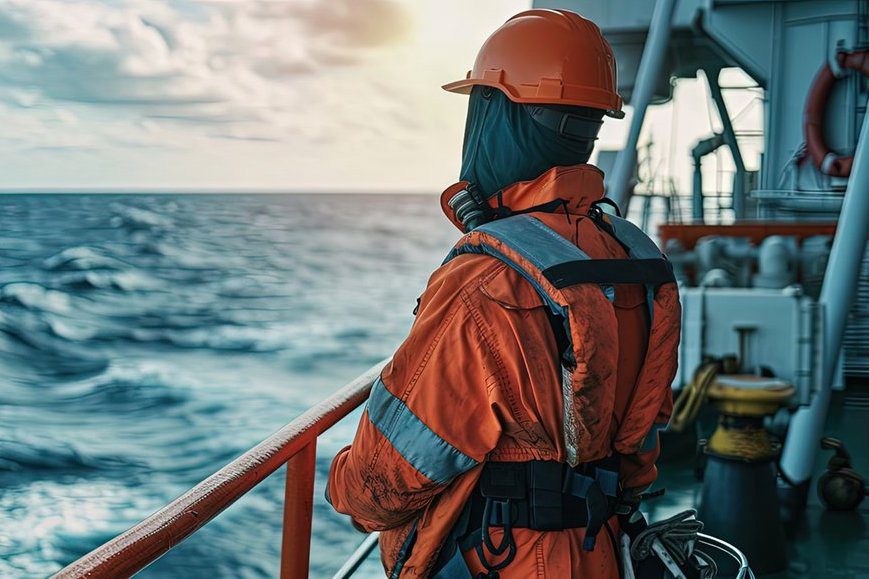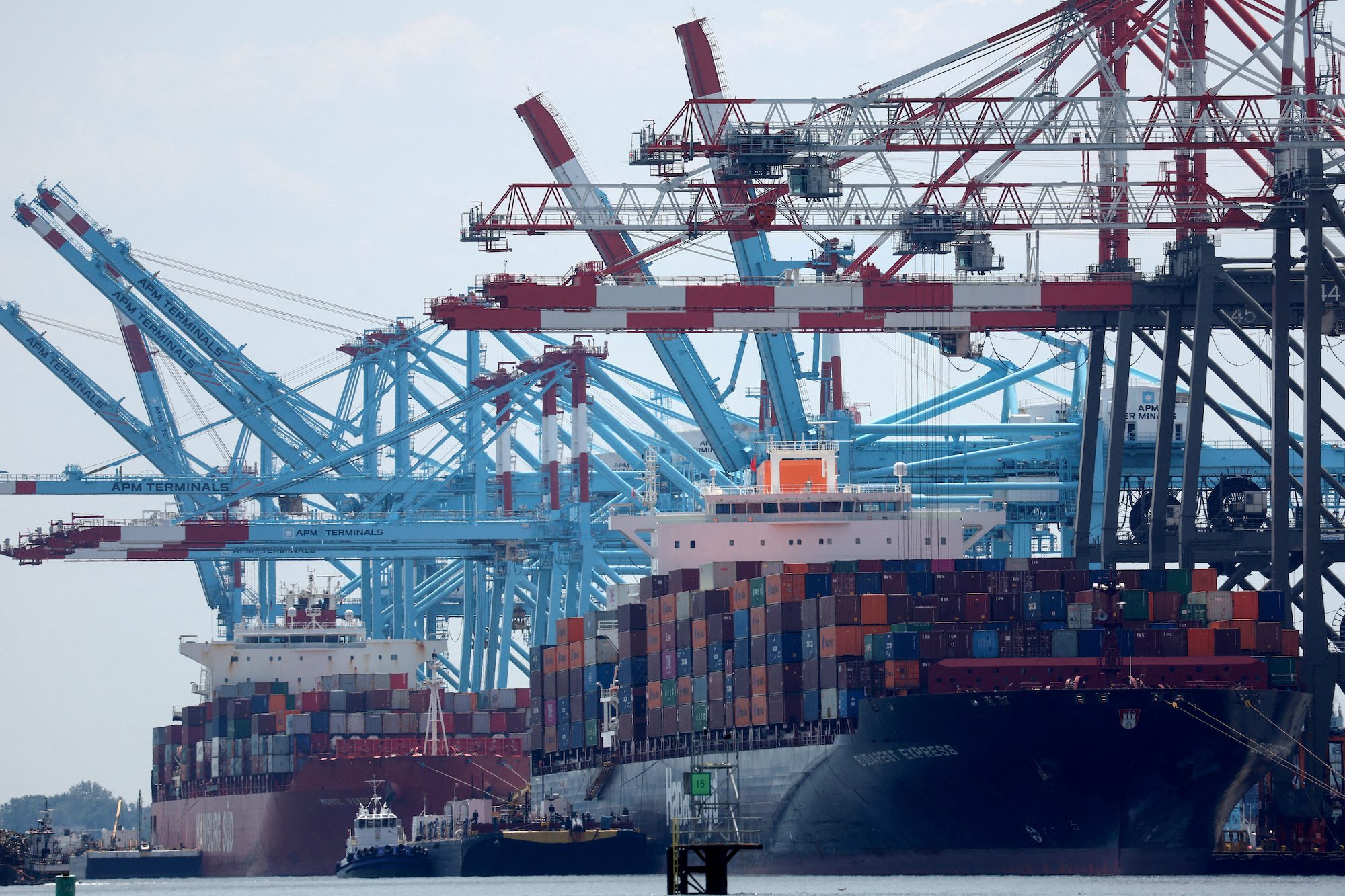By Sherry Su (Bloomberg) —
A large amount of Russian oil continues to be transfered between tankers just a few miles off the coast of Spain — just a few weeks after authorities there wrote to local firms reminding them the activity is prohibited.
Four Very Large Crude Carriers, or VLCCs, are now anchored off Ceuta, a Spanish enclave in north Africa, according to Vortexa and ship tracking data compiled by Bloomberg. Between them they can hold about 8 million barrels of oil.
One, the Veronica, already received cargo transfers from two smaller tankers and is now taking oil from a third. A second, the Anshun II, just received one cargo from a smaller vessel. The two others have yet to start.
In early February, Spanish authorities sent a letter to local shipping services firms reminding them of a prohibition on providing fenders for ship-to-ship transfers if that involved Russian oil, or the suspicion of Russian oil, even in international waters.
There was a pause of about two weeks afterward but from late February, at-sea transfers off Russia’s flagship Urals grade restarted there.
European Union firms are barred from providing an array of services unless the cargo on board is purchased at or below a Group of Seven price cap of $60 a barrel. It’s unclear if that’s the case for the oil that’s being switched at Ceuta.
Ship-to-ship transfers have become an important logistical detail in getting Russian oil to market. About a third of Urals exports got switched at sea last month, according to Vortexa.
Ceuta, and Kalamata, a few miles off the south coast of Greece, have been the focal points of Russian oil switching since December, when the EU banned almost all seaborne imports and joined the Group of Seven in imposing a price cap.
Almost 30 million barrels of Russian Urals have been moved between tankers so far this year, according to Bloomberg data. Ceuta accounts for about 43% of these activities, and Kalamata in Greece almost all the rest. The cargoes were then transported to Asia.
–With assistance from Thomas Gualtieri.
© 2023 Bloomberg L.P.

 Join The Club
Join The Club











